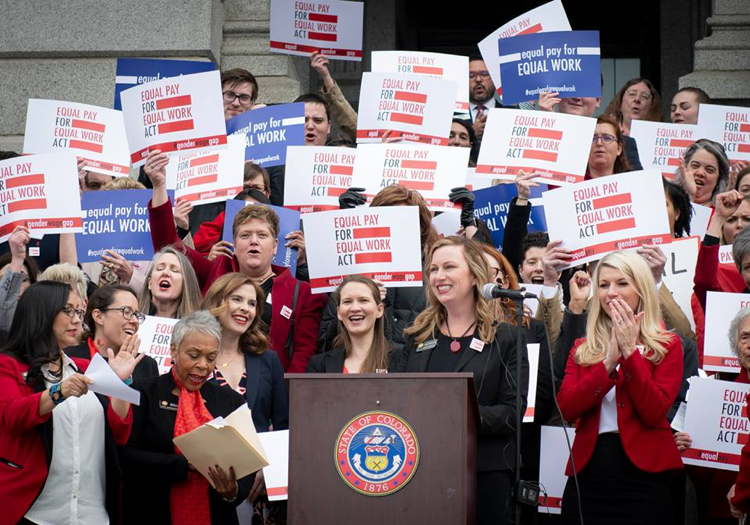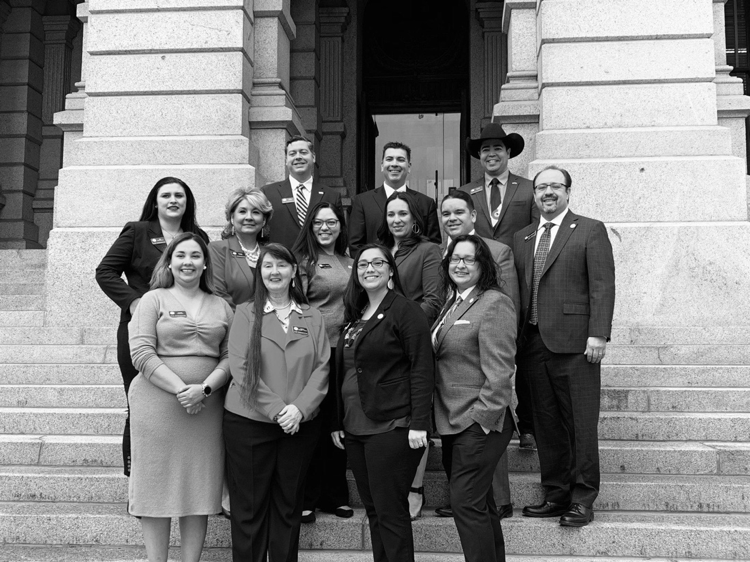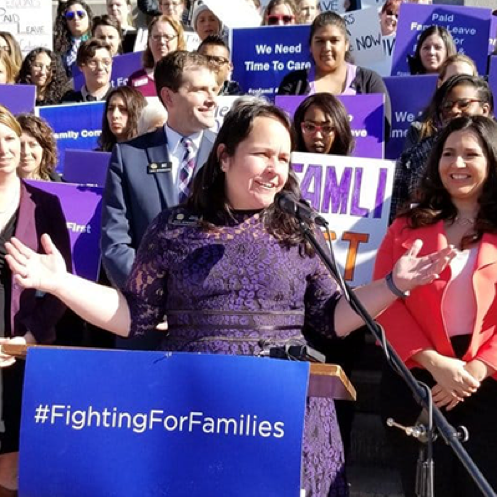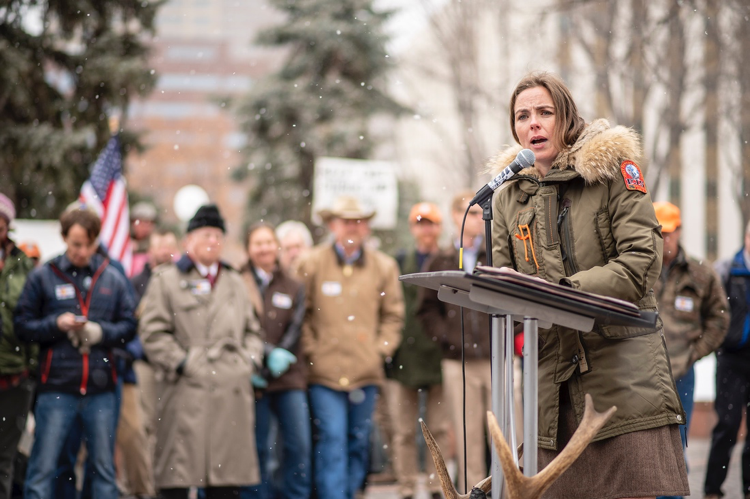The Big Winners From Colorado’s 2019 Session
By: Kyle Huelsman, SiX Colorado State Director
Working Women Will Benefit from the Equal Pay for Equal Work Act
Senator Jessie Danielson and Representative Janet Buckner have been pushing the legislature to address the gender pay gap since 2016 and finally this year they found a path with SB-85, the Equal Pay for Equal Work Act. Women in general, and women of color in particular, will soon have the opportunity to file formal complaints of wage discrimination through the state, bringing us one step closer to creating an economy that guarantees equal pay for equal work and a system that holds discriminatory employers accountable.

And just for a bit of fun: here is Republican Senator Vicki Marble thanking white men for their contributions to the state legislature before voting against the Equal Pay for Equal Work Act.
Voters Will See Increased Ballot Access through Automatic Voter Registration
Senator Steve Fenberg has been quietly improving Colorado’s election system over the past three years, but the 2019 session marked a transformative moment for our state’s democracy. Automatic Voter Registration passed through the Senate in the last week of session, ushering in one of the nation’s most expansive registration programs. Of course, the ceaseless Fenberg did not stop there. He helped guide HB-1278 through the legislature as well, which will place polling locations on college campuses and allow 17-year-olds to vote in the primary if they would turn 18 by the general. But don’t take in from us, as Colorado Public Radio’s Sam Brasch wrote in his April 24th headline, "Youth Voter Turnout is Already Ridiculously High in Colorado. State House Democrats Want it Even Higher."

Working Families Will See Wage Increases through Local Wage Option Legislation
Representative Rochelle Galindo of Greeley and Sen. Dominick Moreno came out swinging this year with HB-1210, which made Colorado one of the first states in the country to repeal a state ban on cities setting their own minimum wage. These top leaders within Colorado’s Latino Caucus understand the impact of wage stagnation in the face of the ever-increasing cost of living, especially in Latino communities. This bill will provide local governments with a powerful tool to provide dignity and fairness to hard-working Colorado Families.

WHAT IS LEFT FOR 2020?
Paid Family and Medical Leave
After two years of Colorado’s Paid Family and Medical Leave program sailing through the House only to be killed in the Republican-controlled Senate, Sen. Faith Winter believed that 2019 was the year for paid leave in Colorado. Yet pressure from the 215 paid business lobbyists fighting against the bill, debate over the financial solvency of the program, and a slate of potential Republican amendments, Sen. Faith Winter chose to turn the bill into an implementation plan that would study the financial solvency of the program and provide results just before the start of the 2020 session. Expect the sponsors to come back stronger than ever next January.

State Retirement Savings
Some might say that a legislative study is not a hot news tip, but Sen. Kerry Donovan has been angling since 2016 to have Colorado officials study state savings plan models. SB-173 creates the Colorado Secure Savings Plan Board which will present an official recommendation on how to create a portable, state-sponsored retirement savings plan before the 2020 legislative session.
